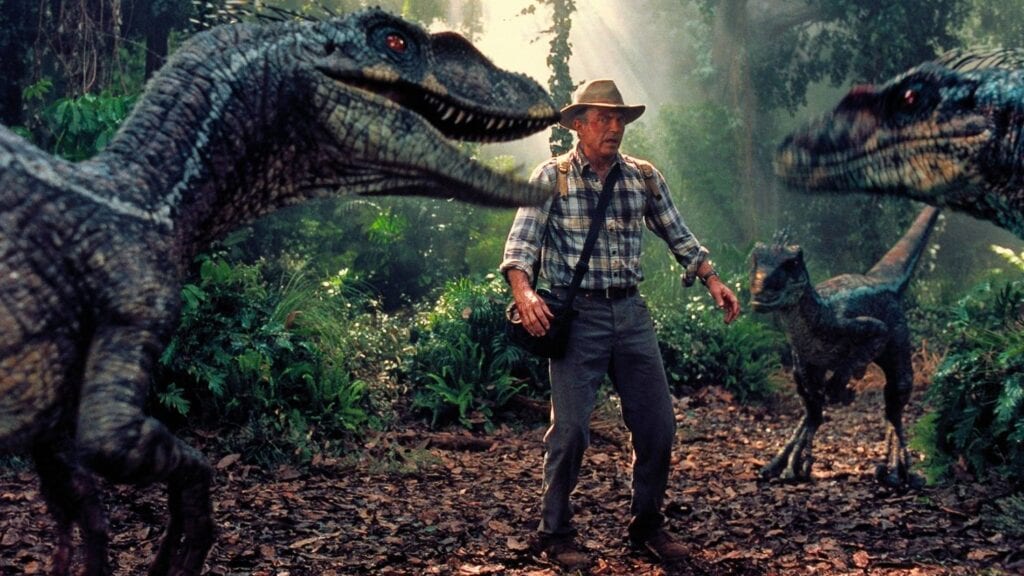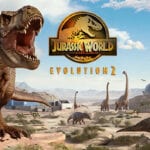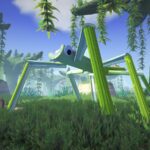Jurassic Park Raptors Debunked With New Research
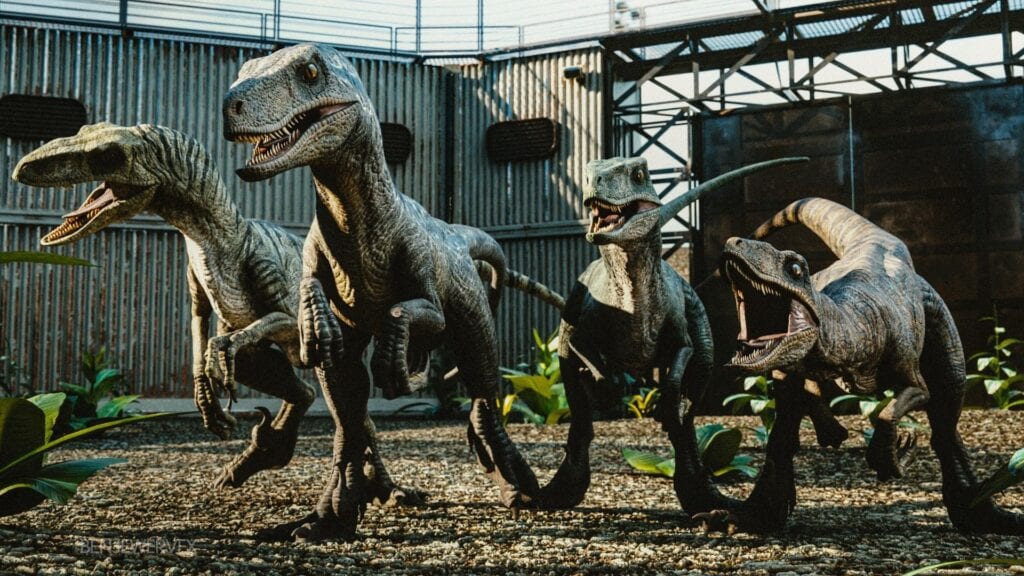
Raptors have been a huge part of the portrayal of dinosaurs for years, from games like Turok or Ark: Survival Evolved to movies like the Jurassic Park franchise. While the former takes Velociraptors to an absurd level, making them bio-mechanically enhanced beasts of destruction, the Jurassic Park franchise takes a more historical approach to how the creatures would have acted if they were still alive in this day and age. As time goes on, however, scientists have found more and more discrepancies between what was once believed to be common dinosaur behavior and new discoveries found through extensive research and debate.
Unfortunately, it seems new research indicates that the pack-hunting raptors from the Jurassic Park franchise or Ark: Survival Evolved actually should have been more stealthy like Komodo dragons. A recent paper published in the magazine Palaeogeography, Palaeoclimatology, Palaeoecology reveals that the pack-hunting tactics seen in films and games these days is actually wrong. While the creatures may have used some level of teamwork in bringing down prey, the magazine suggests the overall cooperation of raptors would have been limited at best and not at all the way that the creatures are represented in films such as the Jurassic Park franchise.
To reach this conclusion, researchers analyzed the fossils of the Deinonychus antirrhopus raptor that came from the Cloverly Formation in Montana and the Antlers Formation in Oklahoma during their studies. The team discovered that larger tooth fossils contained less of the Carbon-13 isotope while smaller teeth were richer in the isotope. Using this information, the researchers inferred what kind of diet the creatures had as well as the hunting habits of the dinosaur species. The team ultimately concluded that pack hunting was an unlikely practice for the Deinonychus – including the species depicted in the Jurassic Park movies.
Joseph Frederickson, a paleontologist and lead paper author explained that “living dinosaurs” such as birds and their crocodilian relatives don’t normally hunt in groups. These creatures often don’t normally hunt prey larger than themselves. Frederickson mentions that the researchers found that the disparity between young raptor teeth and mature raptor teeth shows a “distinct transition in diet as they grew”, a pattern seen in creatures that do not provide food for their young. Overall, the paper leans towards the idea that raptors hunted by surprise, taking down prey with speed and stealth.
This is what we would expect for an animal where the parents do not provide food for their young. We also see the same pattern in the raptors, where the smallest teeth and the large teeth do not have the same average carbon isotope values, indicating they were eating different foods. This means the young were not being fed by the adults.”
Most people that watch the Jurassic Park movies don’t expect them to be entirely true-to-life, but it appears that the franchise hasn’t exactly held up from a scientific standpoint. Even so, the Jurassic Park franchise’s take on raptors is quite fun to watch even if they don’t have the most accuracy. Let us know your thoughts on the Deinonychus antirrhopus research paper and more in the comments section below. As always don’t forget to follow Don’t Feed the Gamers on Twitter for 24/7 coverage of all things gaming and entertainment.
- Fallout 76 Update Adds Backpack And Ally Customization, New Challenges, And More
- Mafia Trilogy 4K Remake Announced By 2K Games (VIDEO)
- The Witcher 4 Could Feature Ciri As The Main Character
If you enjoy this writer’s work, please consider supporting them by tossing a KoFi their way! Every little bit helps and aims to keep DFTG independent and free of bias. Thank you so much for your support! Chris “Yippee” Calles @KoFi
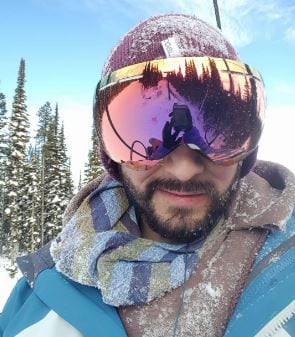
Chris Calles1560 Posts
Known as "Stash" or Yippee Calles. He's a student of everything, avid adrenaline junkie, and creator of random things. When he's not delving into a game, book, or movie - He's out teaching himself new things or taking part in some pretty epic adventures. You can find him on Facebook, Twitter, Instagram and Tumblr.
